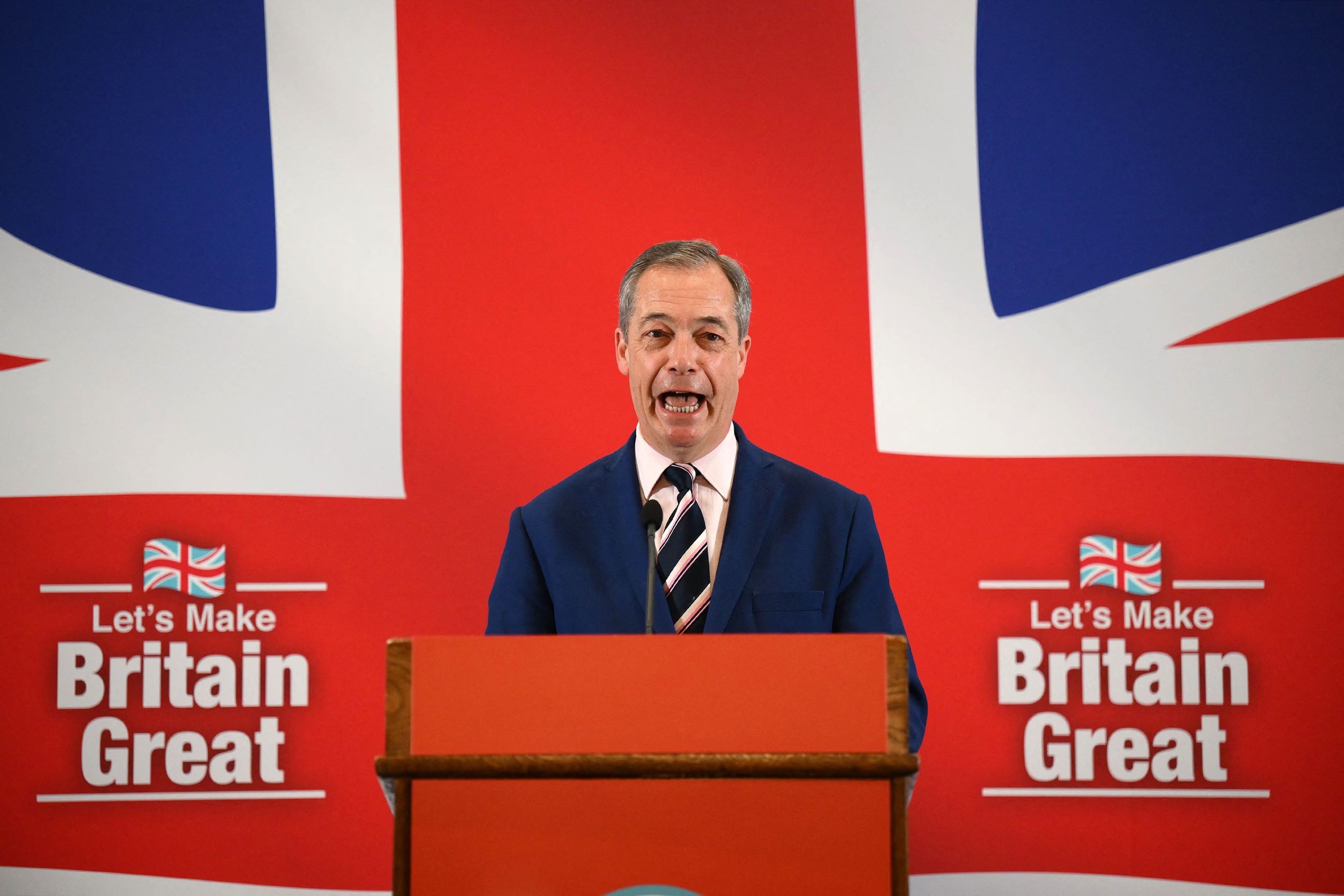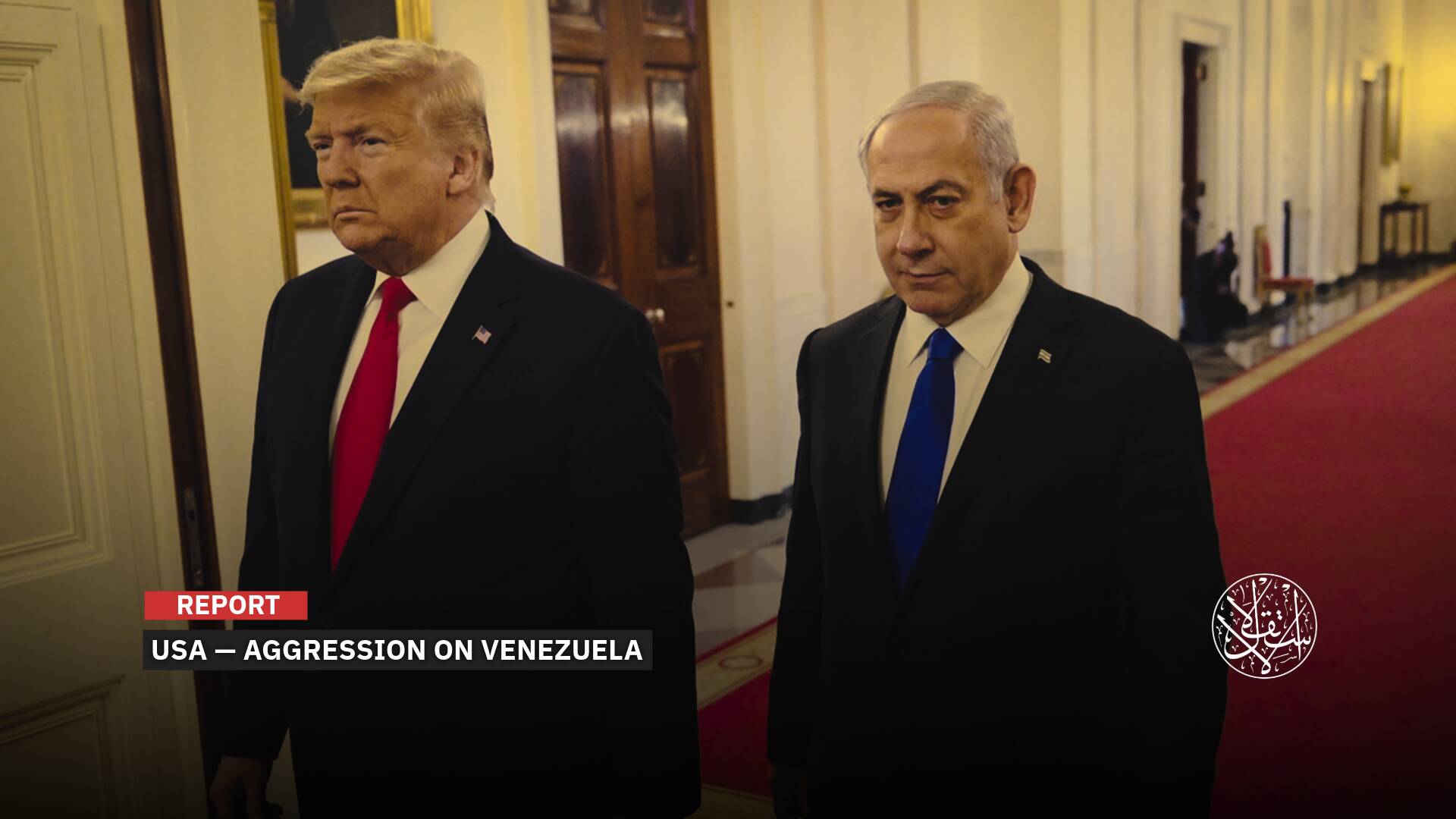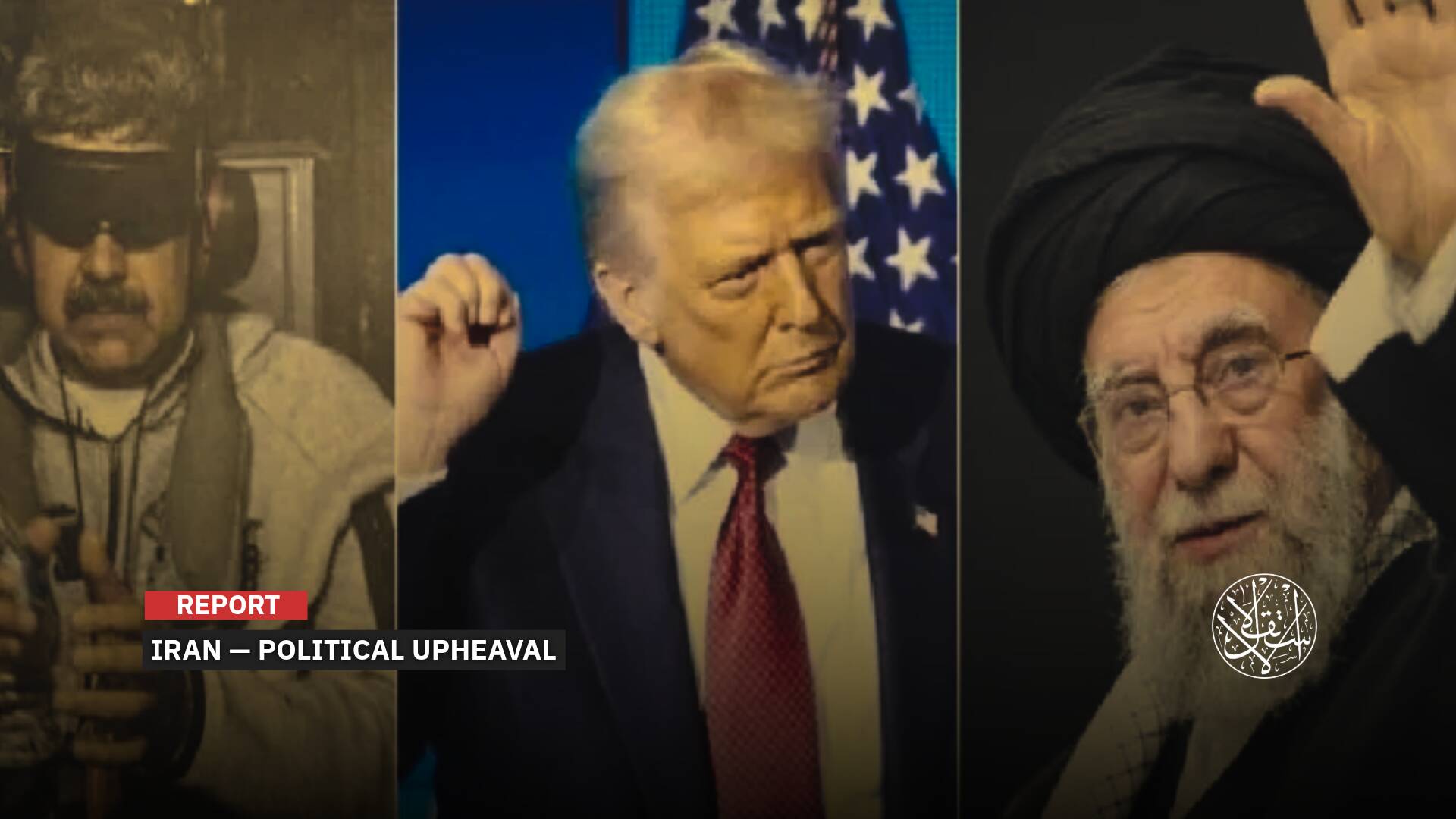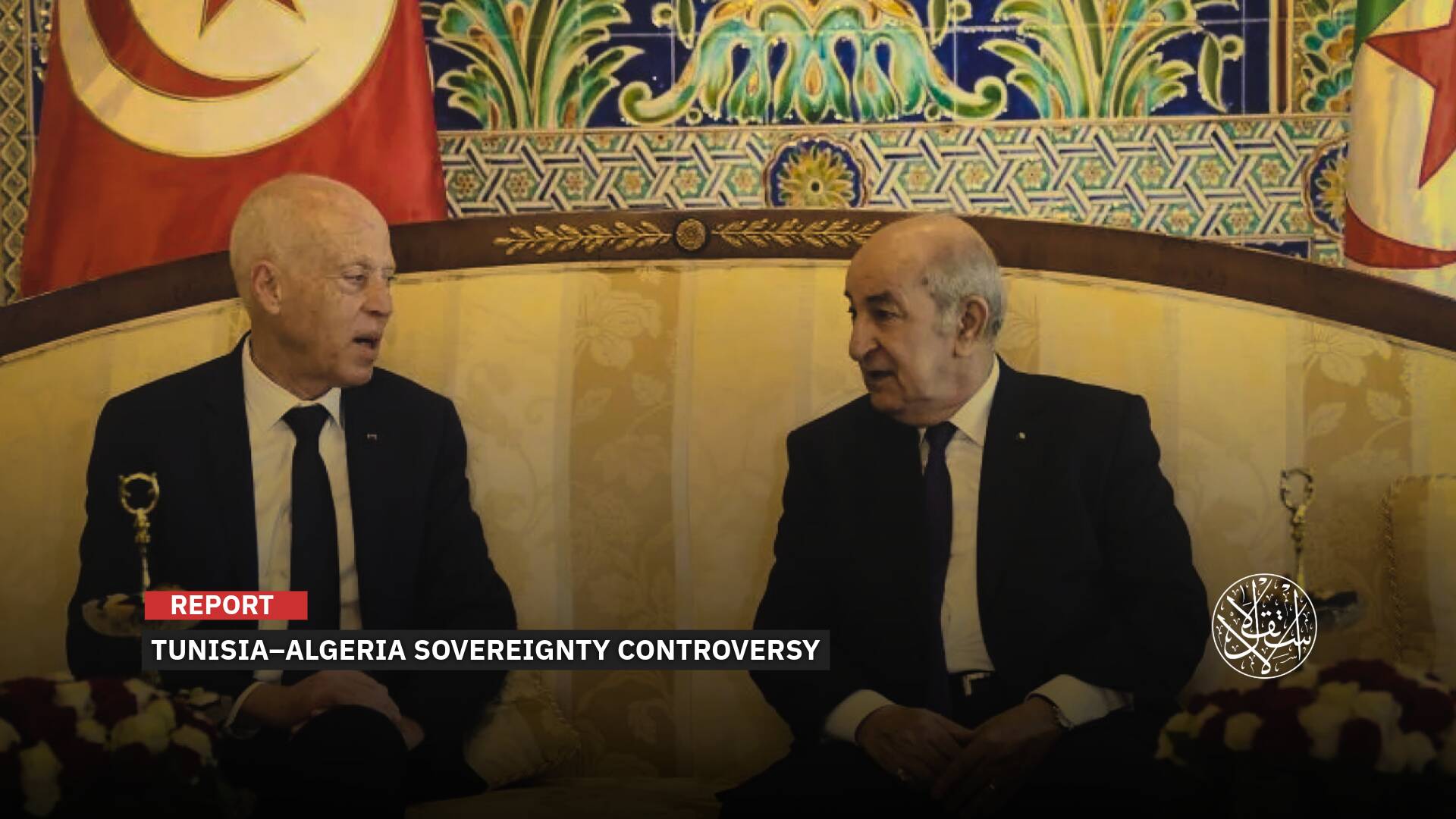Discriminatory Practice: Why Do UK Banks Arbitrarily Close the Accounts of Muslims and Islamic Organizations?

Muslims in the United Kingdom have been suffering for several years from being deprived of banking services and closing their bank accounts without transparency, according to the Muslim Council of Britain (MCB).
Britain has recently witnessed widespread controversy over what observers described as the unfair closure of clients’ bank accounts due to their political stances and opinion issues.
The British government’s rapid move to restrict the ability of banks to close accounts without clear reasons, against the backdrop of closing the account of former Brexit leader Nigel Farage, raised questions about duplicity in this regard, in light of the previous refusal of the government and the media to take a similar position regarding closing the accounts of a large number of Islamic personalities and organizations.
In general, restricting banking access to Muslims is not a new issue. In 2014, HSBC faced criticism from rights groups for closing bank accounts for Syrian refugees, London’s Finsbury Park Mosque, and the UK-based Ummah Welfare Trust, among other bank accounts.
Recent research has found that banks in the United Kingdom are closing up to 1,000 accounts a day.
Banking Restrictions
Former politician Nigel Farage recently grabbed the British headlines after Coutts Bank, a private subsidiary of National Westminster Bank, closed its bank account.
This incident shed light on the sensitive relationship between prominent personalities and financial institutions, and raised questions about the influence and power exercised by these banks, and the role and responsibility of financial institutions in the political landscape.
Adding to the controversy, Farage obtained a 40-page report prepared by the bank regarding his case.
Coutts Bank has hinted at a possible link linking Farage to Russian money, in addition to a series of political transgressions included in the file, accusing him of actively and publicly promoting views that contradict the bank’s values.
The situation has sparked widespread debate about whether banks should have the right to punish customers based on their political views, amid concerns about the implications for democracy.
The Treasury summoned the heads of Britain’s biggest banks to explain how they intend to ensure that customers are not de-banked for their political views.
According to a draft of the letter seen by the Financial Times, proposals on the table include such cordialities as being told why your account is being closed and an extension from 30 days to 90 in which to find an alternative.
The interaction of the media and the government in Britain with the Farage case recalled that British banks closed the accounts of members of the Muslim community, Islamic organizations, and mosques.
At that time, newspapers such as the Daily Telegraph, which was the first to report on the Farage case, refused to publish the case of Muslim accounts that were closed, and the government did not respond for years to pressure on banks in this regard, in complete contrast to its current moves.
In this regard, British journalist Peter Oborne wrote on Middle East Eye last July, noting that major British newspapers, including The Times, The Daily Mail, The Financial Times, The Guardian, and The Telegraph, reported the news of Nigel Farage’s accounts being closed, considering it more It’s just an empty exaggeration.
Mr. Oborne resigned from the Daily Telegraph in 2014 after it refused to publish an article of his on the issue of closing HSBC bank accounts of Islamic organizations, noting that the newspaper had previously published a report in which it placed many institutions under the umbrella of the Muslim Brotherhood, and many of these institutions had their accounts closed later.
Examples given by Mr. Oborne cited in his article was Anas Altikriti, CEO of the Cordoba Research Foundation, whose bank account was closed with members of his family without providing a reason, as in the case of the Finsbury Park Mosque, which was stripped of its account after it was falsely listed as a terrorist organization.
Most recently, Mr. Altikriti took to social media to condemn Barclays Bank for arbitrarily placing his bank accounts under review, making him £500,000 overdrawn.
Two days before Barclays froze his account, he had written an op-ed criticizing banks for targeting him and other Muslim activists and organizations in the past, as well as the media hypocrisy in not covering it in the way they did with Farage.
Responding to speculation by some on Twitter (X) that the freezes may have come down to other reasons, Mr. Altikriti said he has had six closed accounts over the years, and he does not believe this patt-ern is a coincidence.
As I was casually checking my @Barclays mobile app yesterday, I was stunned to find that both my mortgage and savings accounts were overdrawn by £500,000 (yes, half a million pounds) each!
— Anas Altikriti أنس التكريتي (@anasaltikriti) August 2, 2023
I made several calls to the bank in which I was told in no uncertain terms that the… pic.twitter.com/vLr60ZpHeA
In the same context, the Finsbury Park Mosque interacted on X with the way the media and officials dealt with the Farage case.
The account wrote: “When our bank account was closed in 2014, very few cared! When a man who thinks British Muslims are a fifth column has his bank account closed, there is national attention. Why?” in reference to Farage, who is known for his anti-immigrant and anti-Muslim stance.
When our bank account was closed in 2014, very few cared! When a man who thinks British Muslims are a "fifth column" has his bank account closed, there is national attention. Why?https://t.co/9O3L8Ez2HK
— Finsbury Park Mosque (@FPMosque) July 20, 2023
The mosque had reached a legal settlement with Thomson Reuters after the company included the name of the mosque in a database used by most of the world’s largest banks to assess the level of risk, which negatively and seriously affected the mosque’s reputation and finances, and as a result, the mosque’s bank account was closed.
Under the deal, which came after a court battle in 2017, the company apologized to the mosque and agreed to pay compensation.
The same list was the reason for closing other accounts of Muslims. Although many of these files were settled with the company, the banks did not reopen the accounts.
In 2016, the Co-operative Bank closed down the bank account of the pro-Palestinian NGO Friends of Al-Aqsa, the Palestinian Solidarity Campaign, and as many as 25 Palestinian-affiliated organizations without explanation.

Authoritarian Financial Behavior
In recent weeks, Islamic religious charities and pro-Palestinian solidarity groups have highlighted that they had bank accounts closed years ago as a result of their political views, with little reaction from politicians or the press.
Activists accused banks in the UK of targeting Muslims unfairly, and said that British Muslims are being denied banking services and that their bank accounts are being closed without transparency, according to Middle East Eye on August 1, 2023.
The MCB has sent letters to Prime Minister Rishi Sunak, Chancellor Jeremy Hunt, and opposition party leaders, asking them to protect the banking rights of British Muslims.
MCB Secretary-General Zara Mohammed said in these letters that successive governments had ignored the issue of banks withdrawing services from British Muslims, and the practice had persisted without adequate transparency and recourse for those affected.
“We urge for an impartial review that not only addresses the mechanisms behind bank account closures but also examines why British Muslims are disproportionately affected by this issue,” Ms. Zara added.
PRESS RELEASE: MCB writes to Prime Minister, Chancellor and opposition leaders on closure of British Muslims' bank accounts
— MCB (@MuslimCouncil) August 1, 2023
��highlights recurring issue of banks withdrawing services from British Muslim individuals & orgs. over the past decade. ��(1/3)
��https://t.co/iR2bv4NX31 pic.twitter.com/4NqNH0MuBZ
The intervention of the MCB comes after Britain’s Financial Conduct Authority (FCA) classified Muslims as the only religious group frequently denied banking services in Britain.
Figures from the FCA last year showed that one in fifty adults in the UK are unbanked - but that number rises to one in ten for Muslims in particular.
As ever, it seems to be the young who lose out: it is also especially hard for them to be unbanked, I suspect.
— Richard Murphy (@RichardJMurphy) July 31, 2023
The demographics of those unbanked are further explained as follows: pic.twitter.com/DdJWAE9heC
These letters also coincide with Coutts Bank, a prestigious private bank for the wealthy, closing the account of former British Independence Party leader Nigel Farage because of his political views.
The crisis also led to the resignation of the chief executives of NatWest, the parent company of Coutts Bank, and the initiation of an independent review of the targeting of Farage, despite the bank chiefs insisting they do not take personal or political beliefs into account when eliminating access to financial services.
While Farage received a report explaining the reasons for the closure of his Coutts account, many Muslim charities told MEE that they had not received similar explanations.

Discrimination Against Muslims
Bloomberg recently monitored a number of clients who suffered from the debanking phenomenon in the United Kingdom in a report that sheds light on the types of problems, from delays in submission and problems in passing screening checks to closing the account without warning.
Such was the case for a client of the NatWest Group, who two months ago received a letter informing him that his account would be suspended 14 years after it was opened.
When the client, who asked not to be named when discussing his financial affairs, complained of discrimination, the bank wrote that it did not wish to reconsider the decision or disclose the exact reason.
The person said that the bank had told him that such decisions were rarely reversed, and he believed there was no point in filing a complaint with the Financial Ombudsman. The account was actually closed in late July.
MCB Deputy Secretary-General Mohammed Kozbar said in a statement to Al-Estiklal that the case of right-wing politician Nigel Farage has brought to the fore the double-standard politics that Muslims in Britain have been suffering from for many years.
“A decade ago, British banks closed the bank accounts of several Islamic activists and institutions without clear reasons, but most of them were politically motivated and incited by countries and foreign parties,” Mr. Kozbar added.
He also emphasized that bank accounts should never be used as a weapon to punish people based on their political views or religious affiliations.
Mr. Kozbar explained that Britain practices clear discrimination against Muslims and treats them as second-class citizens, stressing the adoption of a policy of double standards when it comes to Islamic personalities.

It is noteworthy that lenders in the United Kingdom have become, during the recent period, more keen to close the accounts of their customers without any explanation, as nearly 350,000 were closed last year, compared to about 45,000 in 2017, according to FCA data obtained by the Mail on Sunday.
More than 1,300 people complained to the UK Financial Ombudsman that their accounts had been closed last year, and many of those affected were given no explanation.
Sources
- Where were Nigel Farage and his defenders when Muslim bank accounts were shut down?
- British Muslims Say Banks Ruin Lives With Debanking Policies
- Nigel Farage row: UK banks accused of 'disproportionately' targeting Muslims
- Nigel Farage row: When Muslims have their bank accounts closed, nobody cares
- Financial Lives January 2023: Consumer experience of the rising cost of living – the burden of bills and ways to get support












